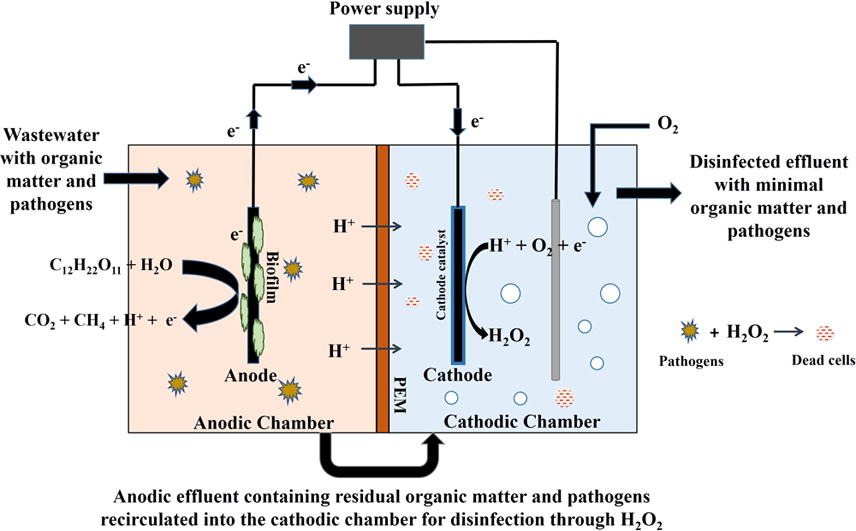Scientists working in England and Belgium have come up with low-cost ways of extracting hydrogen from either very dirty water or from the air around us. If these breakthrough technologies pan out, they could set us on a different path to energy independence. Hydrogen is the futurist’s dream fuel, non-polluting and emitting only water vapor. But it’s been hampered by its high cost of production and sourcing from natural gas. Cleaning Water and Making Clean Fuel Researchers at the University of Warwick have found a “two-fer” that cleans waste water and produces a clean fuel. They note the following caveat and a promising development from their research: “Wastewater treatment is vital to remove pathogens, but is incredibly energy intensive. The ability to treat it more sustainably is a challenge researchers from WMG, University of Warwick have been able to achieve, using recycled carbon fiber mats to produce hydrogen from waste water.” The new method would reduce energy use since treating …
Increasing biofuel Production 20 Times
What if, instead of using corn to make ethanol, we were to use corn stover, the waste stalks, leaves and non-edible portions of the corn plant? It’s not a new or novel idea, but Michigan State University researchers have taken a new direction in extracting energy from it. The East Lansing research team has managed to produce 20 times more energy than through the use of existing methods by using microbes to “produce biofuel and hydrogen, all while consuming agricultural wastes.” The method combines biological, chemical and electrical reactions to generate fuel and energy. Gemma Regurera, an MSU microbiologist,” has developed bioelectrochemical systems known as microbial electrolysis cells, or MECs, using bacteria to break down and ferment agricultural waste into ethanol. Reguera’s platform is unique because it employs a second bacterium, which, when added to the mix, removes all the waste fermentation byproducts or nonethanol materials while generating electricity,” according to the University. Normally, corn stover processed in MECs can …

